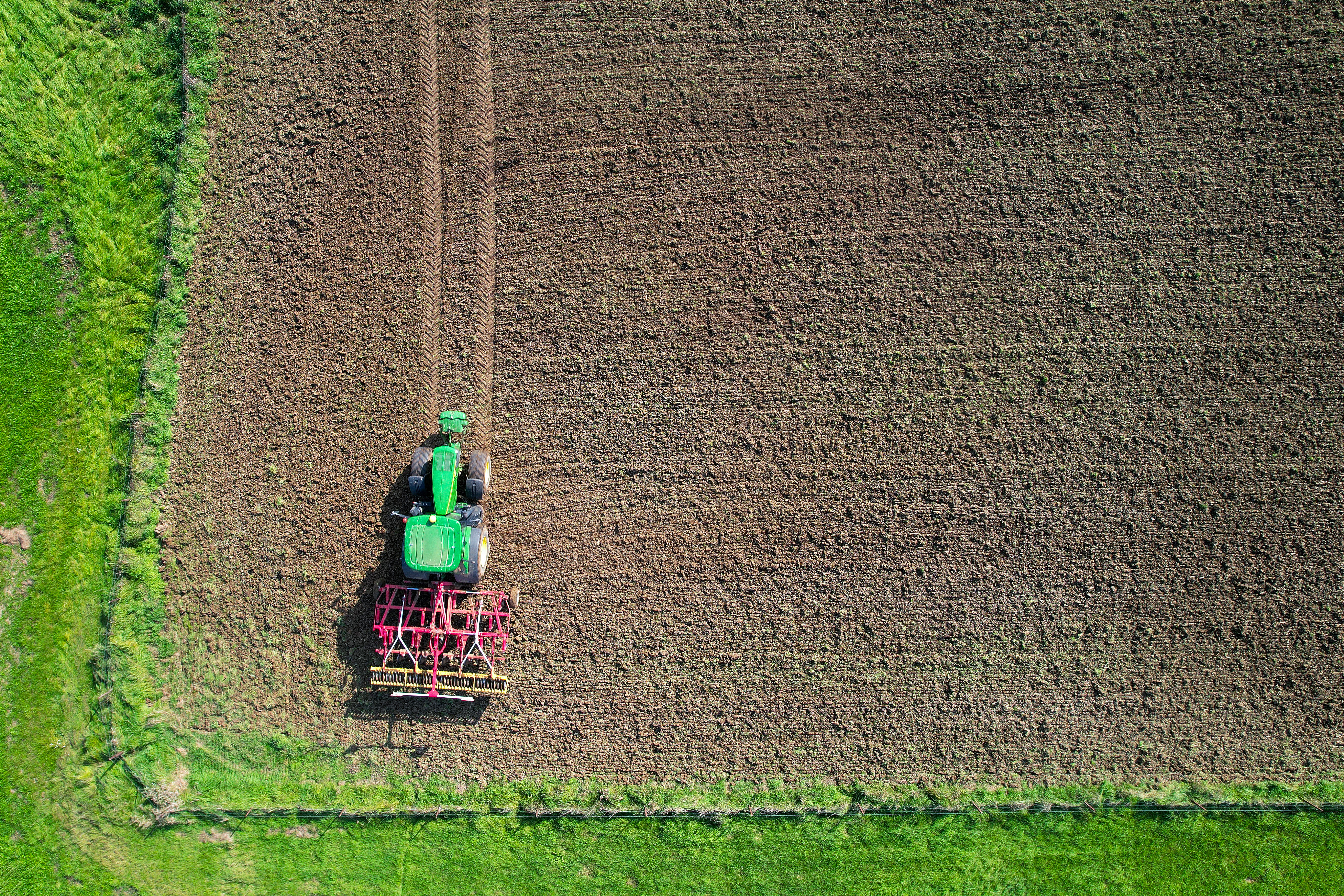European Commission extends glyphosate licence for 10 more years

After European member states failed to agree on a new licence for glyphosate, the European Commission decided on Thursday to extend it for another 10 years. Glyphosate, partly produced in the port of Antwerp, is the active ingredient in chemical company Bayer's controversial weedkiller Roundup.
Discussions about banning the chemical have been ongoing since 2015, when the World Health Organization's cancer agency concluded that it was "probably carcinogenic to humans". More recent research has found no evidence that it is carcinogenic, but evidence of carcinogenic effects from long-term exposure to glyphosate remains inconclusive.
Decisions on whether an active substance can be placed on the market are made at European level. Individual member states then decide whether to authorise specific products, such as Roundup. As the current authorisation for glyphosate expires on 15 December, the European Commission had proposed extending it for another 10 years, based on extensive analyses by the European Food Safety Authority and the European Chemicals Agency.
Division among member states
Because EU member states failed for the second time to reach a unanimous decision on the dossier, it was up to the Commission, which decided to extend the licence for another 10 years. The licence is subject to new conditions and restrictions on the use of glyphosate.
In Belgium, the sale and use of glyphosate by private individuals has been banned for several years. Bayer's site in the port of Antwerp, one of four Bayer-owned sites in the world where glyphosate is produced, would have suffered serious economic consequences as a result of a ban, as the company employs around 730 people there.
#FlandersNewsService | © KENZO TRIBOUILLARD / AFP
Related news
